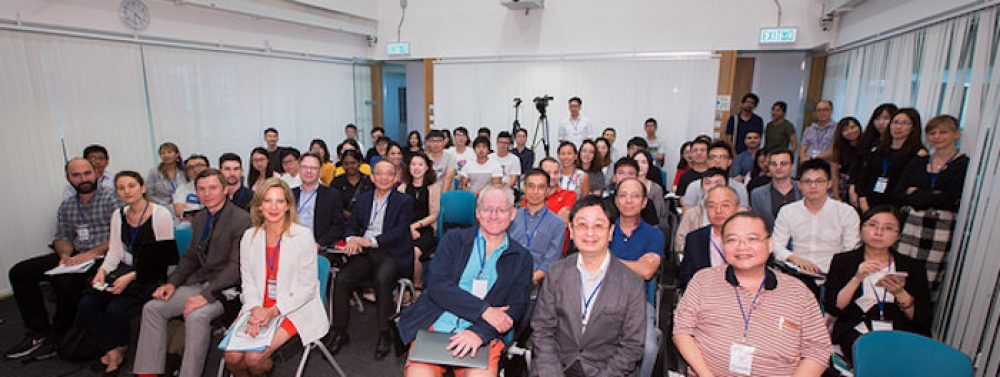APRU research collaboration calls for the inclusive, ethical, and transparent development of artificial intelligence in a project entitled, “AI for everyone: benefitting from and building trust in the technology.” The project report includes research findings, as well as, policy statements asking policymakers in industry, government, and universities to create systems that ensure that the benefits of artificial intelligence are accessible by everyone regardless of geography, age, gender, socio-economic status, culture, or other backgrounds; and secondly, that the AI development process should be transparent, open, and understood by all.
Building Trust for Maximum Benefit
The report, completed and signed off in February 2019, addresses humans’ distrust of AI technology which has resulted in the fear of its opaque “black box” nature, which along with unethical uses of AI, renewed threats on privacy, and AI may widen the gap between the rich and the poor, make up the four sources of societal threats. With careful development of adequate education, training and governance, end users will begin to understand the technology and create policies which alleviate the social impacts and leverage its benefits for all.
As research further develops in this field, experts must reflect the cultural and regional characteristics. The APRU research team is comprised of experts in the natural and social sciences, and humanities from universities in Australia, Chile, China, Hong Kong, Japan, Mexico, Russia, Singapore and the United States. Research diversity in geography, culture, religion and political systems across the Asia-Pacific region gives leaders the knowledge to establish trust in technology and its governance structures.
APRU research collaboration for the common good
AI technology is sure to revamp the fundamental structures of human society. In the era of the 4thIndustrial Revolution, new ways of thinking are expected to offer alternatives regarding the future of humanity. As featured in the Pacific Economic Cooperation Council (PECC) State of the Region Report 2018-2019, the findings of the project report inform economic leaders of the opportunities that AI technology can present for the preparation of the future of work in the Asia Pacific, characterized by automation and the ubiquity of AI.
The “AI for everyone: benefitting from and building trust in the technology” project aims to create an open and accessible approach of AI in order to form a trusting linkage between technology and human beings. The report is comprised of 12 research papers resulting from discussions and deliberations presented at two conferences hosted by Keio University on December 1, 2017 and HKUST on September 1, 2018.
The report lays the foundation for UNESCAP-APRU-Google collaboration “AI for Social Good” led by Jiro Kokuryo (Vice President, Keio University). “AI for Social Good” project aims to develop a network of research centers and universities in Asia to collectively develop evidence and cross-border connections, promote an enabling policy environment at the domestic and international levels, while informing overall ecosystem development for AI. The call for participation for AI for Social Good has been sent to the APRU network recently. By reaching to the growth of an AI friendly ecosystem and developing accountable governance frameworks on the next phase, this project provides an overall understanding of AI leverage. The outcomes of this project will be disseminated and feedbacked to the further outreach APRU’s digital economy programs and initiatives.
Please read the Project Overview and Policy Statements here.

